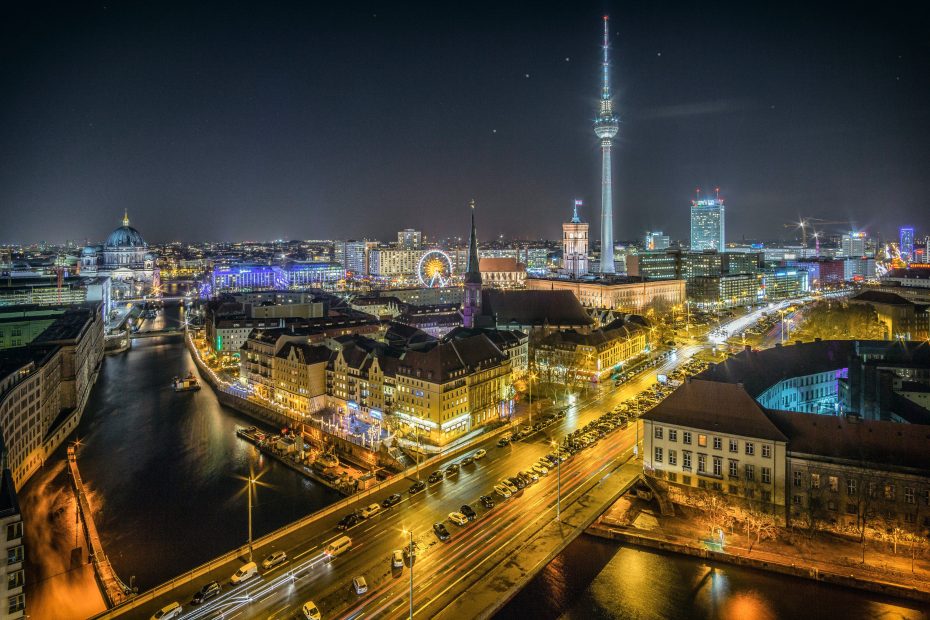Table of Contents
Introduction
Oktoberfest in Munich is arguably the most famous festival in Germany, attracting millions of visitors from around the world each year. However, Germany has a vibrant and diverse festival scene that goes far beyond Oktoberfest. From music and arts festivals to holiday traditions and food celebrations, Germany hosts hundreds of festivals throughout the year that showcase the country’s culture, heritage, and local charm.
Germany’s Diverse Regional Festivals
While Oktoberfest originated in Bavaria, each region of Germany has its own unique festivals that reflect local culture and customs. Along the Rhine River, the Rhine in Flames festival illuminates the riverbanks with fireworks and lights. The Harz Mountain festivals celebrate local folklore and traditions in charming small towns. Germany’s wine regions, including Mosel and Rheingau, host numerous wine festivals featuring tastings, music, and parades.
Music Festivals
Germany hosts some of the largest music festivals in Europe. The famous Rock am Ring and Rock im Park festivals attract major rock and pop artists each year. Berlin’s annual multi-day Berlin Festival celebrates an eclectic mix of music styles. For classical music, the Wagner Festival in Bayreuth and Beethovenfest in Bonn are popular with fans worldwide.
Arts and Culture Festivals
Germany has a thriving arts and culture festival circuit. The world-renowned Berlin International Film Festival highlights cinematic achievements. Opera lovers flock to the annual Wagner Festival in Bayreuth. Bonn’s Beethovenfest honors its native composer. The prestigious Documenta exhibition, held every five years in Kassel, showcases avant-garde art.
Holiday Festivals
Throughout Germany, the holiday season is marked by delightful festivals and charming traditions. During December, Christmas markets fill town squares with lights, decorations, food and gifts. In February/March, Carnival celebrations such as Cologne’s raucous street festival provide amusement. Painted Easter eggs and candies accompany Easter religious traditions.
Food Festivals
Germany celebrates its delicious cuisine through food-centered festivals. The asparagus festival in Schwetzingen honors the spring vegetable. Weimar hosts an Onion Market where vendors sell onion creations. Wine and beer festivals are popular nationwide, including Stuttgart’s Cannstatter Volksfest.
Conclusion
Beyond the giant beer tents and crowds of Oktoberfest, Germany offers an array of regional and cultural festivals. From the arts to music and food, Germany’s festivals highlight local pride, customs, and crafts. Visitors who take time to explore beyond Munich are rewarded with a more intimate look at Germany’s diversity and passions. By attending an authentic regional festival, travelers can experience the vibrancy of German culture.
5 FAQs
Q: What is the largest Oktoberfest festival held outside of Germany?
A: Oktoberfest in Blumenau, Brazil is considered the largest Oktoberfest celebration outside of Germany, attracting around 700,000 people.
Q: What are some of the traditional foods eaten at German festivals?
A: Popular German festival foods include bratwurst, schnitzel, spaetzle, potato pancakes, soft pretzels, roast pork, sauerkraut, and various German baked goods and pastries.
Q: When is Carnival celebrated in Germany?
A: Carnival is celebrated in February or March, depending on the date of Easter. The largest Carnival festivals are held in Cologne, Mainz and Dusseldorf.
Q: What music festivals take place at the Nürburgring race track?
A: Rock am Ring and Rock im Park, two of Germany’s largest rock/pop music festivals, are held concurrently at the Nürburgring each June.
Q: Where can I find information on dates and locations of German festivals?
A: Germany’s National Tourist Board website, germany.travel, provides an annual calendar of major festivals and events occurring throughout Germany.
